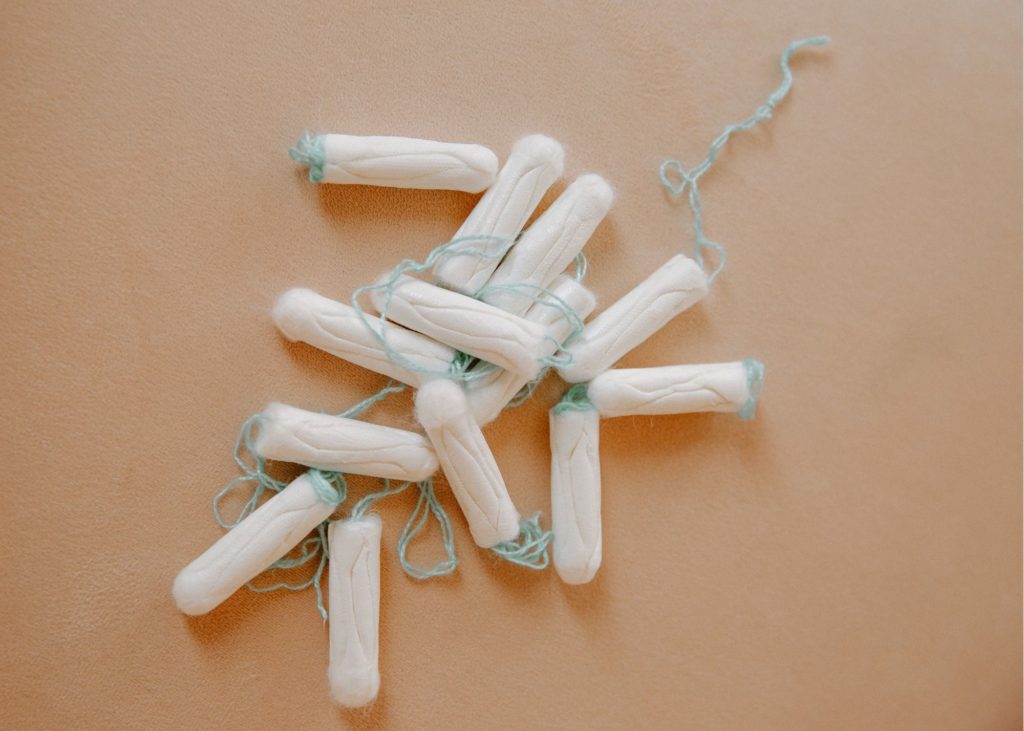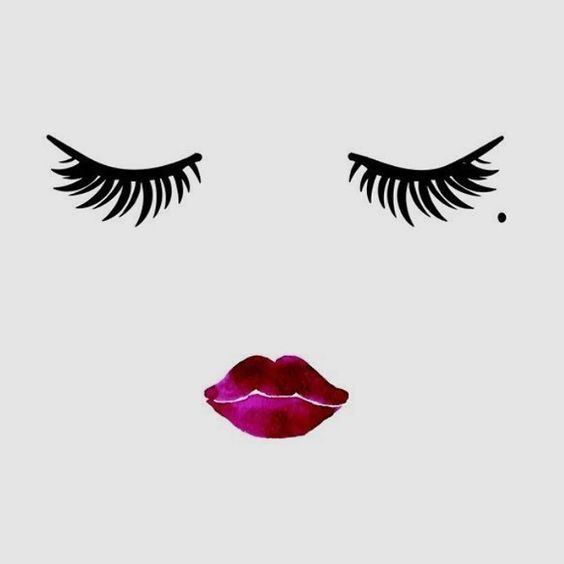At the beginning of this month, the U.K. announced it was finally abolishing the tampon tax. This comes after over 20 years of campaigning by women’s activist groups across the country. The U.K. joins just a handful of countries that have also abolished these taxes. Some countries have lowered the tax on tampons but many still consider them a luxury item. Most states in the U.S. charge a “non-essential items” sales tax on tampons and other feminine hygiene products.
No matter where you live in the world, there will no doubt be strong opinions about paying taxes. When it comes to luxury taxes, however, there are 2 categories. The first is often referred to as a sin tax and is imposed on products such as cigarettes and alcohol. No matter your income, you are obligated to pay these taxes. The second category of luxury tax is reserved for items that can be bought only by the wealthiest of consumers and is called mansion tax. When we think of luxury, our minds most likely wander to expensive yachts, fur coats, private jets, posh cigars, and even top-of-the-line champagne. So why on earth are tampons considered a luxury item and stamped with heavy-duty sin taxes? Certainly, people who menstruate would say their monthly experience is far from luxurious.

Anyone who has a period will be most likely used to purchasing expensive products each and every month. These items are a necessity and are therefore an essential item. No one signs up for a period, nor can you opt-out. The only thing you can do is to try to make your period as comfortable as possible. That’s for those who can afford to anyway. According to Bloody Good Period, the average lifetime cost of having a period is £4,800. That’s roughly $6,500 USD. Having a period is costly and what makes it even more expensive is the tampon tax. In the U.S., menstruating individuals pay hundreds of millions of dollars in taxes annually that others do not.
Those who cannot afford to buy tampons or even any other menstruation products are often forced to use toilet paper, bits of fabric, or sometimes, nothing at all. Whether a person is living in a low-income country, in financial hardship, or perhaps even homeless, they should have access to menstruation products as a basic human right. If anything, menstruation products should be distributed free of charge as they are a vital part of feminine hygiene.
Out of the menstruation products on offer, perhaps tampons are considered more ‘high end’ than other options. However, that is no reason to class them as a luxury item and make them unaffordable for many around the world.
Kenya, Canada, India, Australia, Rwanda, and the UK are leading the way to systematic change by removing taxes on tampons. Some other countries have vowed to abolish their taxes in the next few years with others lowering the percentage, however, there are still many countries around the world that class tampons as big a luxury as alcohol and cigarettes. The last time I checked, people choose to inhale tobacco and they choose to consume alcohol. People who menstruate do not choose to and they should be allowed to select which menstruation product best works for them without having to worry about the added cost of taxes because having a period is expensive enough,
If you’d like to encourage your state or country to abolish the tampon tax, you can start a petition and raise your concerns with your local MP. Another thing you can do to lower your feminine-hygiene expenses is using a menstrual cup and/or other zero-waste reusables, which have the added benefit of being more eco-friendly.
Also by Anna: The Rise of Alternative Toilet Paper and Why We Should Care
Get more like this—Sign up for our daily inspirational newsletter for exclusive content!
__
Photo: Canva




